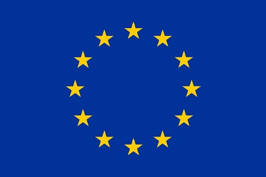The difficulties of undertaking a literature search on ageism were discussed at the meeting in Brussels on October 25th, 2019. At this time, Vania De La Fuente Nunez from the World Health Organisation (WHO) suggested that the search strategy on ageism conducted by WHO could be used as a template for all students and they could add their focus to this expert search. At the time of this deliverable (March 4th, 2019) though, the search strategy had not yet been finalized. In line with the review strategies of the other working groups, WP3 decided to keep the deliverable as close to the ESRs’ individual projects as possible. This deliverable, therefore, reports on the literature databases each ESR used and goes on to give a resume of literature/ gaps in the literature salient to their searches.
Section 2 shows the work of ESRs 11,12,13,14 and 15. Due to the strong focus on technologies within the working group, three reviews deal with different manifestations of ageism in the field of technology use and development (2.1, 2.4, 2.5), namely use of everyday technologies, design of digital technology and assistive technology. Additionally, the reviews cover the field of health care, focusing on the improvement of health intervention experiences as a consequence of reducing ageist attitudes and discriminatory behaviour among health or social care staff (2.3). Finally, investigating ageism in relation to public transport, housing and financial services (2.2), the deliverable covers three service sectors that have only rarely been addressed using the “ageism” framework.






